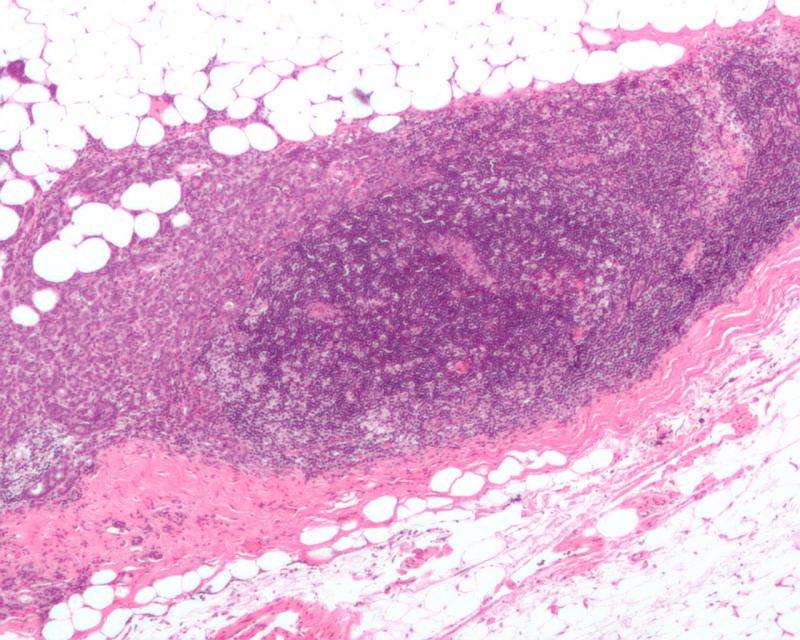Tiny genetic changes linked to breast cancer risk

An international breast cancer research team involving the University of Adelaide has used a world-first technique to discover how tiny variations in genes can contribute to breast cancer risk.
In a paper published today in the journal Nature Genetics, the team led by Cancer Research UK's Cambridge Institute at Cambridge University, in collaboration with researchers from the Dame Roma Mitchell Cancer Research Laboratories at the University of Adelaide, has identified 36 overlapping collections of genes (known as "regulons") that are associated with increased breast cancer risk.
"The international team's finding is significant because this is the first study of its kind to link very small and diverse genetic risk factors to the drivers of breast cancer," says Dr Theresa Hickey, co-author and Senior Research Fellow at the Dame Roma Mitchell Cancer Research Laboratories.
"It's our hope that these could now be exploited to develop approaches for early detection, prevention or treatment of the disease," Dr Hickey says.
The head of the project and corresponding author is Dr Kerstin Meyer from the Cambridge Institute. "Just as the shape of a face can run in a family, so can the risk of cancer," says Dr Meyer. "This family resemblance is caused by the inheritance of tiny normal variations within hundreds of different genes."
Until now, researchers have mostly studied these tiny variations one by one, which is a slow and difficult task. For the first time, a network-based computational approach was used to gain an understanding of the effect of multiple gene variations on breast cancer risk, and identify factors that mediate their influence.
"This innovative technique is what led us to develop such a thorough understanding of how genes influence breast cancer risk," Dr Meyer says. "We've found a way of looking at the combined effect of all of the risk genes together, and how these effects may be influenced by an individual's internal environment."
Professor Wayne Tilley, co-author and Director of the University of Adelaide's Dame Roma Mitchell Cancer Research Laboratories, says this research will form the foundation for further studies on how to reduce women's risk of developing breast cancer.
"This will give us a clearer picture of how genetic variation influences cancer development, who is most at risk, and what we might do in future to lower that risk," Professor Tilley says.
"This breakthrough was made possible due to our strong international collaboration with the Cancer Research UK's Cambridge Institute. Importantly, the approach taken in this research can be readily translated to other cancers, especially prostate cancer, and other diseases with a genetic component," he says.
More information: Mauro A A Castro et al. Regulators of genetic risk of breast cancer identified by integrative network analysis, Nature Genetics (2015). DOI: 10.1038/ng.3458
















